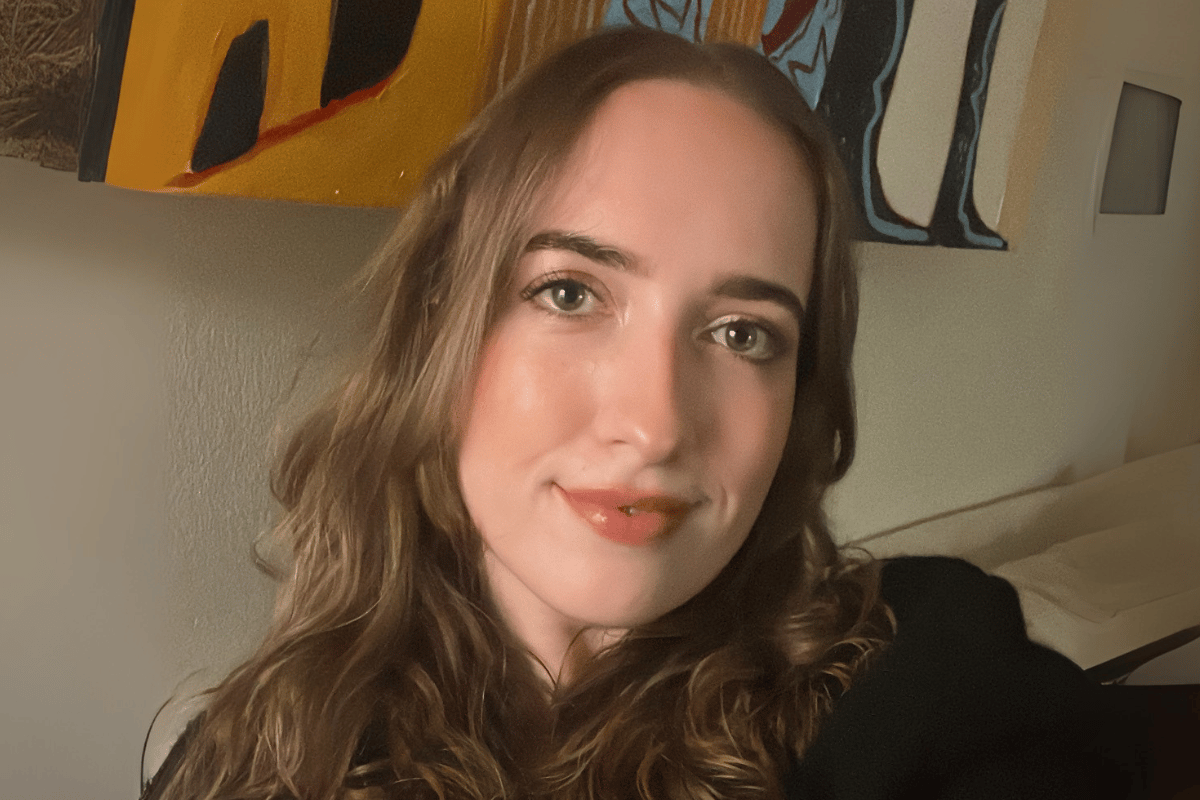
I had big plans for my day off. I was going to get up early and go for a stunning morning walk, cook myself a big breakfast, do my taxes and clean the house, before meeting up with some friends. You know, the kind of day where you really grab life by the balls, and all that jazz.
Instead, I slept through my alarm. I missed the 'morning' part of my morning walk, breakfast turned into lunch, and I ditched the tax thing entirely. I did, however, see my friends. Shoutout to FOMO!
Later, I found myself wallowing in the lost hours of potential productivity, kicking myself (along with the invention of a snooze button) for the hours I had wasted. I only have two days of the weekend to catch up on me-time and life admin, and here I was pouring time down the drain like a billionaire with private jet fuel.
Watch: BIZ hosts discuss burnout and the micro-retirement trend. Post continues after video.
How stupid. How reckless. How lazy! If you picture a sickly Victorian woman swooning onto a fainting couch, the image would almost be as dramatic as my inner monologue.
This self-chastising went on for the next few days, particularly as the work week came and went, and my taxes remained undone. Then, I came across a theory that made me shoot up from my metaphorical fainting couch.
It was called the "Most Days" theory. Created by author Bree Groff, the "Most Days" theory is the idea "that we derive enormous benefit from the habits we practice most days".




























































































